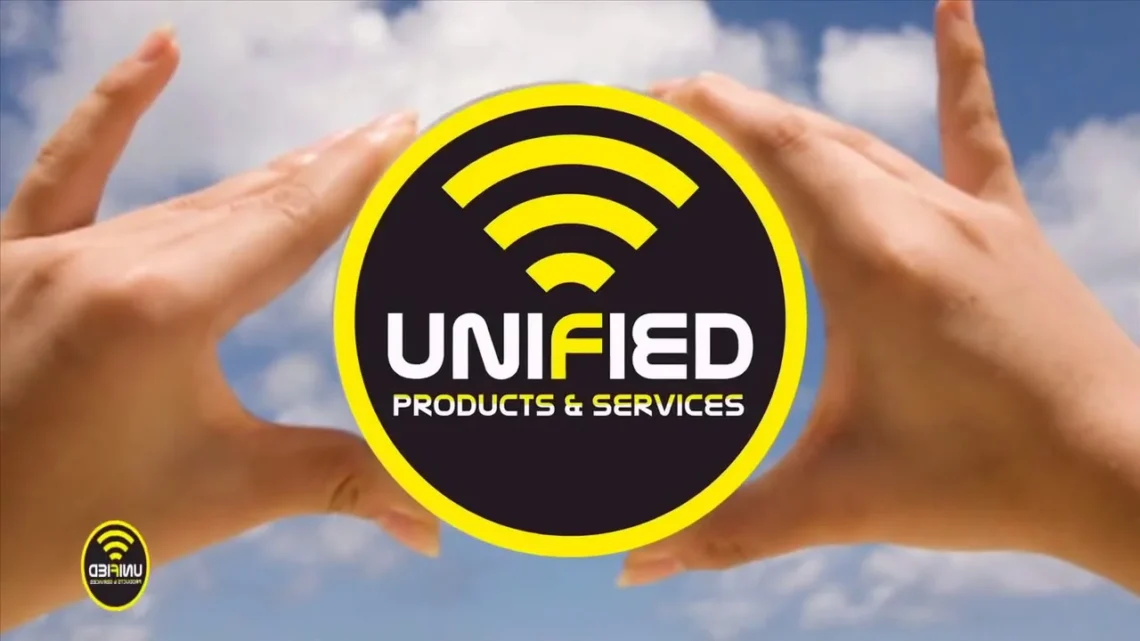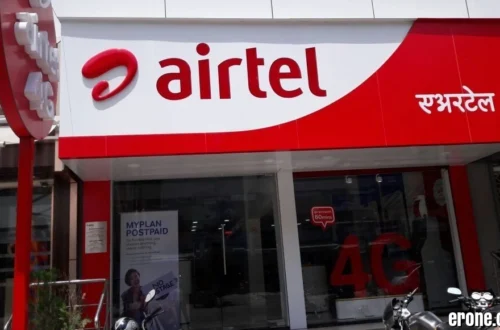Unified Products and Services Customer Service: Unified Products & Services, Inc. (often called simply Unified or UPS, not to be confused with the shipping company) is a Philippine company offering a variety of digital financial services, multi-level marketing (MLM) opportunities, and consumer products. Their customer service plays a central role in how users (consumers, franchisees, agents) perceive and trust the brand. This article digs into what their customer service looks like, what works well, where issues arise, and how it could improve.
What Services Unified Offers & Why Customer Support Is Complex
To understand UPS’s customer service, it helps first to know the breadth of their operations, since wide scope tends to create complex support needs.
Wide array of services: Unified offers Cash In / Cash Out, Remittance, Bills Payment, E-Loading, Ticketing, Hotel booking, Insurance, Shipping / Courier, etc.
Product + MLM business model: Besides services, Unified also sells consumer products (beauty, wellness, electronics) and has a multi-level marketing structure, including dealership & franchise packages. Agents and team members are not just users, but also represent the company and may themselves depend on effective support.
Digital platform & physical outlets: They have an app / web portal, but also physical authorized outlets for remittances or cash transactions, requiring coordination across channels.
Because of these, their customer service isn’t just about answering queries—it must handle financial transactions, technical app issues, regulatory or compliance concerns, as well as business/earnings-related support for agents.
What Unified’s Current Customer Support Channels Are
Here are how users can reach Unified’s customer service currently—and what channels are set up, along with examples.
Hotlines / Landline and Mobile Numbers: Unified displays several phone numbers for customer support in the Philippines. These include landline numbers and local mobile numbers (Globe, Smart, etc.).
Email Support: There are contact email addresses (e.g. contactus@unified.ph, salesdept@unified.ph) for general inquiries or sales, presumably also for support.
App / Web Portal: The Unified app / web platform has features for transactions and services (bills payment, etc.). While details of an in-app support ticketing system are less clear, the portal is a central point for service delivery.
Franchise / Agent Support: Since Unified involves agents/dealers/franchisees, support is also oriented to business-partners: help for onboarding, dealership packages, and earning structures. These agents often have separate or specialized lines of support.
Physical Outlets / Authorized Outlets: For remittance or cash in/out, physical locations serve not just as service fulfilment points but also as touchpoints where users may ask for help. Unified lists “authorized outlets nationwide” for remittance, etc.
Strengths & Positive Aspects of Unified’s Customer Service
Based on what is publicly available and user feedback trends, here are the areas where Unified appears to do well:
- Multiple contact channels: Having hotlines, email addresses, physical locations, a digital platform gives customers options depending on urgency, type of issue, or access (phone vs internet). Flexibility helps.
- Wide service coverage: Because Unified offers many services (from bills payment to remittance to insurance), customers don’t have to go to multiple providers; ideally, one support system can resolve many kinds of issues. This can build loyalty if handled properly.
- Franchise/agent support structure: Agents/user partners are central to their business model; providing them with support for onboarding, dealership, packages, helps ensure the business side works smoothly.
- Localization: The company operates in the Philippines and uses local phone networks and local channels (Globe, Smart, etc.), which is essential for accessibility.
- Transparency of services & contact info: Contact numbers, emails are clearly published on their site. There is a “Contact Us” page with multiple hotline numbers.
Common Customer Service Challenges & Criticisms
No system is perfect, especially for a company as broad in scope as Unified. Here are reported or potential challenges and areas where customers tend to express concerns:
- Delayed responses & resolution times: Because many issues involve financial transactions (remittance, e-loading, cash in/out), delays can have immediate consequences. Users often expect fast resolution.
- Technical / app-related problems: App glitches, login issues, transaction failures are common complaints in services of this kind. If there’s no strong digital support process, these can cause lost trust.
- Agent / dealer confusion: Given the MLM / franchise model, sometimes agents/dealers may not have clear communication or may experience differences in support depending on region. There may be confusion about how to escalate issues or proper point of contact.
- Clarity & consistency of policies: Transaction fees, refund / reversal processes, responsibilities in case of errors, documentation needed—all need to be clearly communicated. Lack of transparency in some of these can lead to complaints.
- Scalability: As Unified grows (more users, more transactions), scaling support—both human and technical—becomes harder. Maintaining quality of support under growing volume is a challenge.
- Accessibility outside normal hours / zones: If support hours are limited, customers in different time zones or with urgent financial issues may feel underserved.
- Perception about MLM business risks: Some users may be skeptical of MLM models in general; for Unified, customer service may at times need to address trust issues or misperceptions.
Best Practices for Unified to Improve Customer Service
To strengthen customer service, maintain trust, and ensure positive customer experiences, here are recommendations (drawn from service-industry best practices) that Unified could further implement or improve:
Implement a robust ticketing system with tracking
Customers should get a ticket number and see status updates (e.g. “in progress”, “resolved”, “more info needed”). Transparent timelines help build confidence.
Faster response times, especially for financial issues
Prioritize remittance, failed transaction, or lost payment cases. Perhaps offer “urgent” support channels.
Self-service and knowledge base resources
Well-designed FAQs, video tutorials, help articles for common issues (how to use e-loading, how to reset passwords, how to check remittance status). This can reduce load on support staff.
Dedicated agent / franchisee support hotline or portal
Since many users are also business partners, having a specialized support line or dashboard for agents/dealers helps resolve business-model specific issues more efficiently.
Consistent communication and transparency
Clear policies for refunds, reversals, fees; visible updates when the system is down or when transactions delay; proactive messages rather than reactive.
Training & customer empathy
Support staff trained in customer service soft skills: listening, patience, clear communication. Also trained in handling financial issues, technical problems, and agent business concerns.
Use of technology to scale
Chatbots / AI for initial triage of issues, but with easy hand-over to live agents; systems to monitor ticket volumes and identify trouble spots; feedback loops to detect systemic problems.
Monitoring & feedback loops
Surveys, user feedback forms post-issue resolution; tracking negative vs positive feedback; reviewing complaint data to fix recurring problems.
Why Good Customer Service Matters for Unified: Impact on Reputation, Growth & Trust
The quality of customer service isn’t just a “nice extra”—for Unified Products & Services, it has large implications:
Trust in financial transactions: When people send money, do bills payment, or handle cash in/out, trust is essential. Any misstep (lost payment, delayed remittance) can cause reputational damage very fast.
Agent / Franchise retention: For an MLM / dealership model, agents’ satisfaction is critical. If agents feel unsupported, they may quit or promote negative sentiment.
User growth and word-of-mouth: Customers who have positive experiences tell others; those who don’t complain publicly (online forums, social media) and that can deter potential users.
Regulatory & compliance risk: In financial services, delays or failures in support may lead to regulatory scrutiny. Transparent policies and prompt remediation reduce risk.
Competitive differentiation: Unified operates in a market with many players in digital financial services, e-loading providers, remittance, etc. Excellent customer service can become a key differentiator.
Conclusion: The Path Forward for Unified Customer Service Excellence
Unified Products & Services already has many of the foundational elements of good customer service: multiple contact channels, physical touchpoints, agent-partner structure, clear contact information. Their challenge now is in refining, speeding, and ensuring consistency across all channels—especially for complex or urgent financial issues.
Investing in robust ticketing systems, knowledge bases, faster response times, and transparent policies will help. Equally important is training, monitoring feedback, and ensuring that every user (whether consumer or franchisee) feels heard and supported.
For customers and agents using Unified: it’s worth paying attention not just to the services on offer, but how those services are supported. Because when something goes wrong, it’s the customer service that truly defines whether you trust the brand or lose faith.





